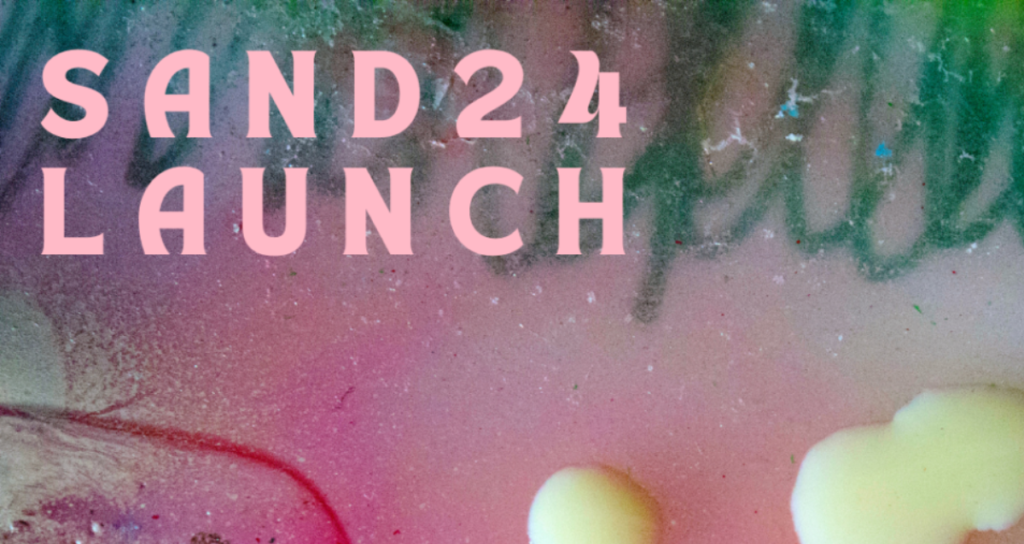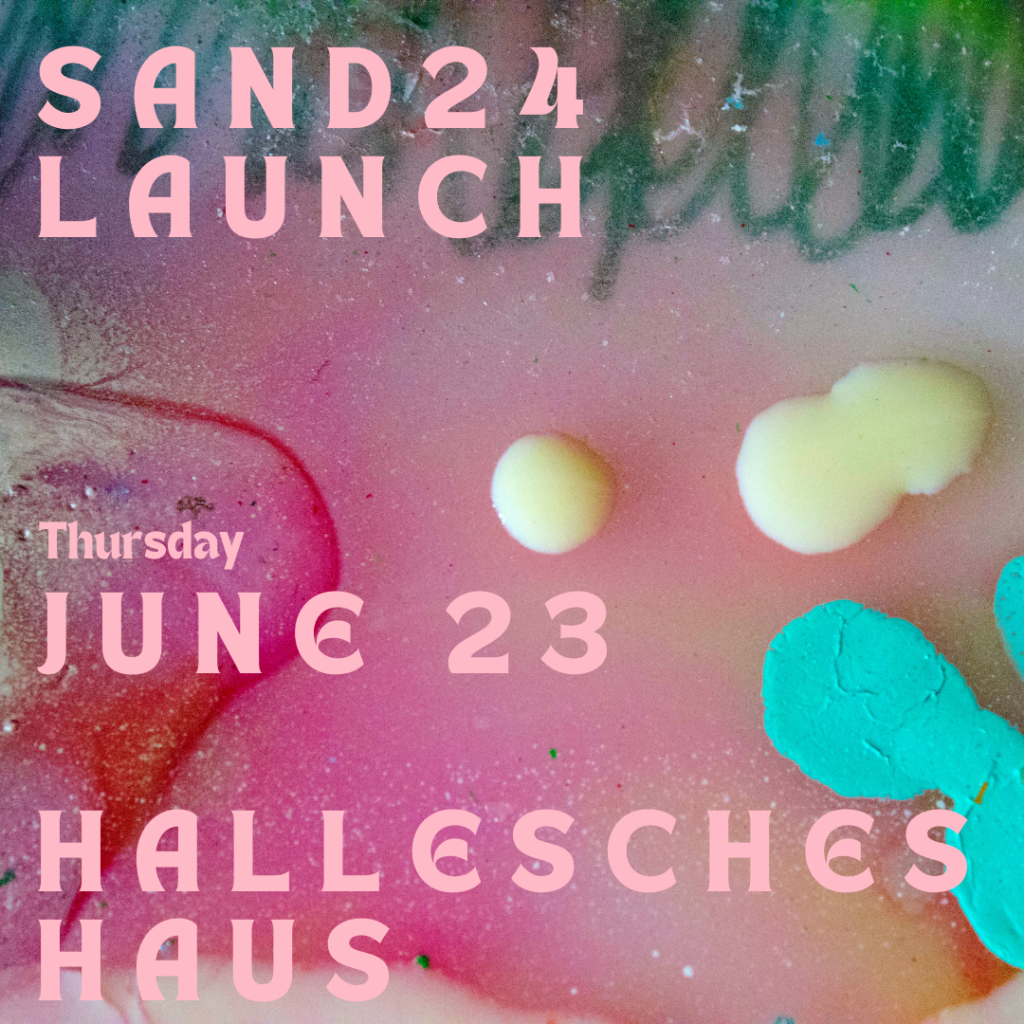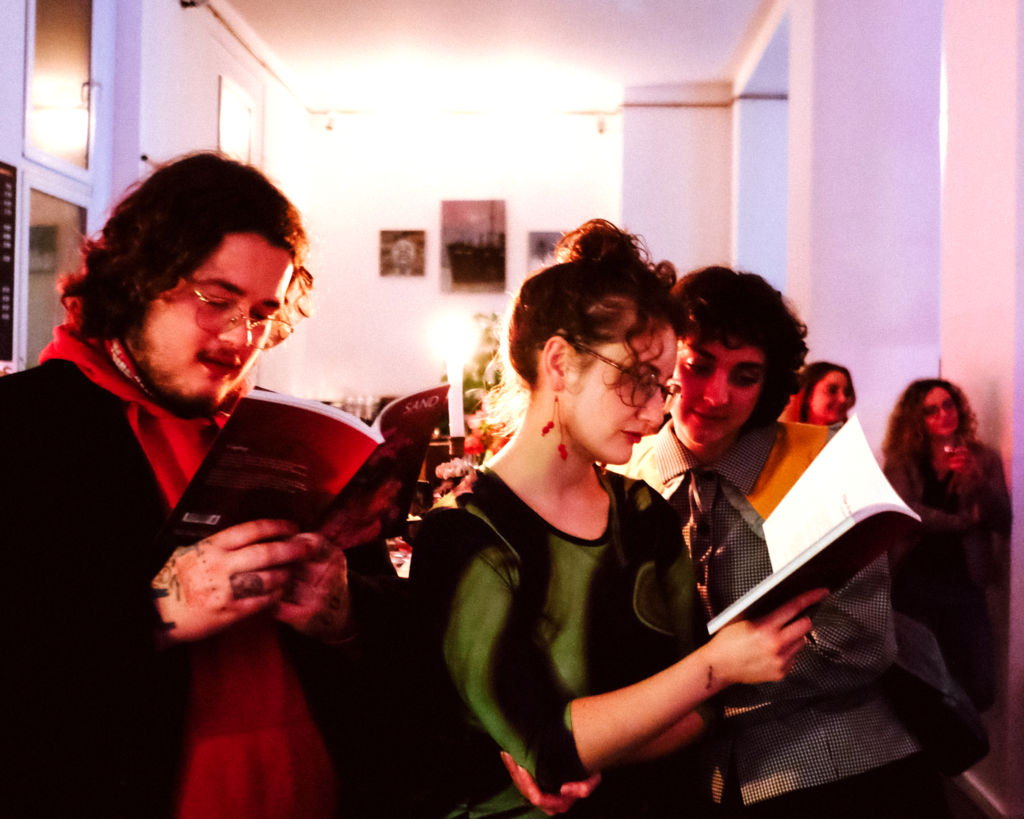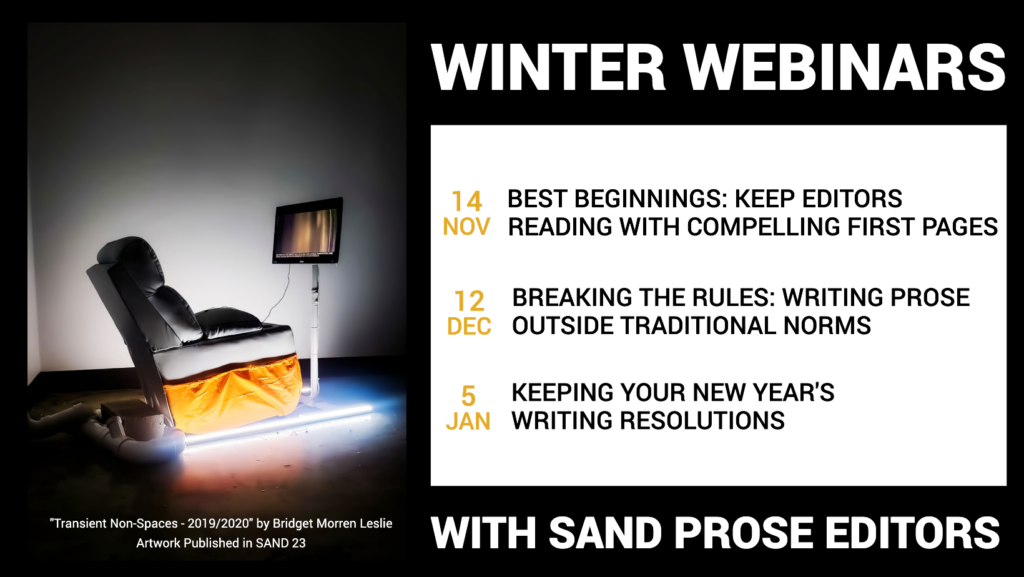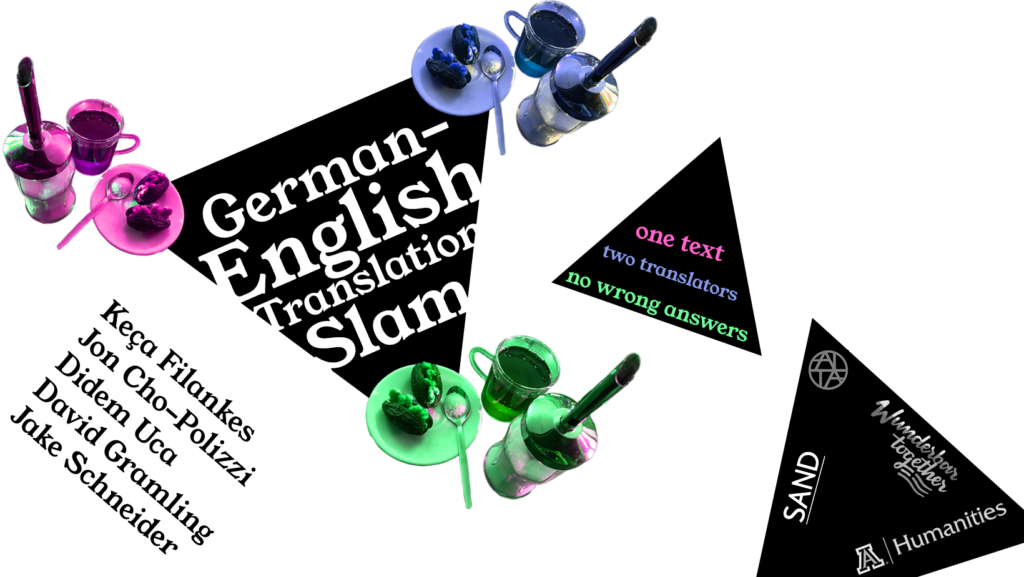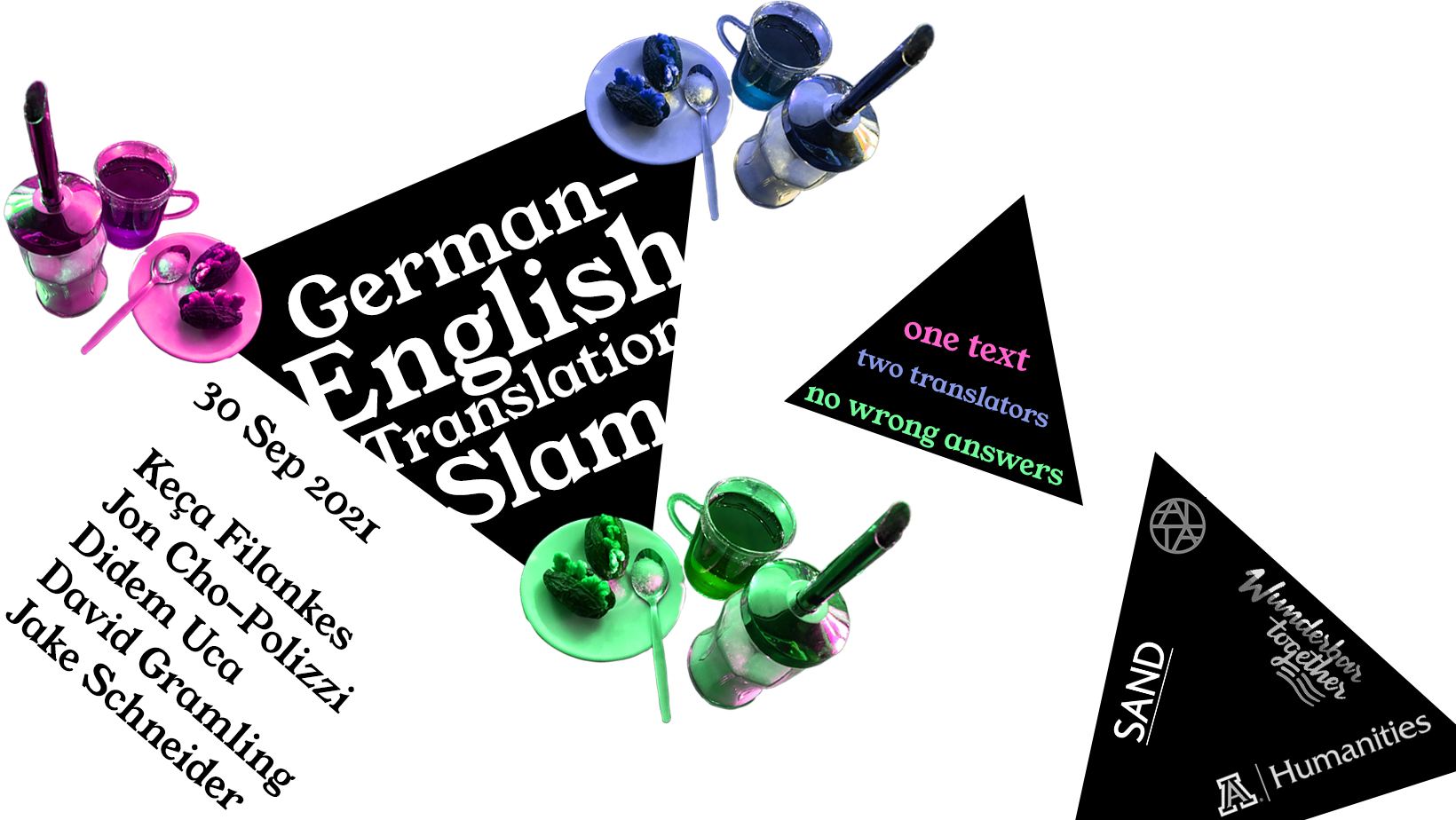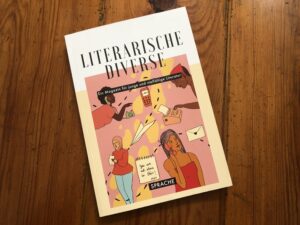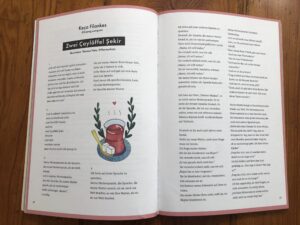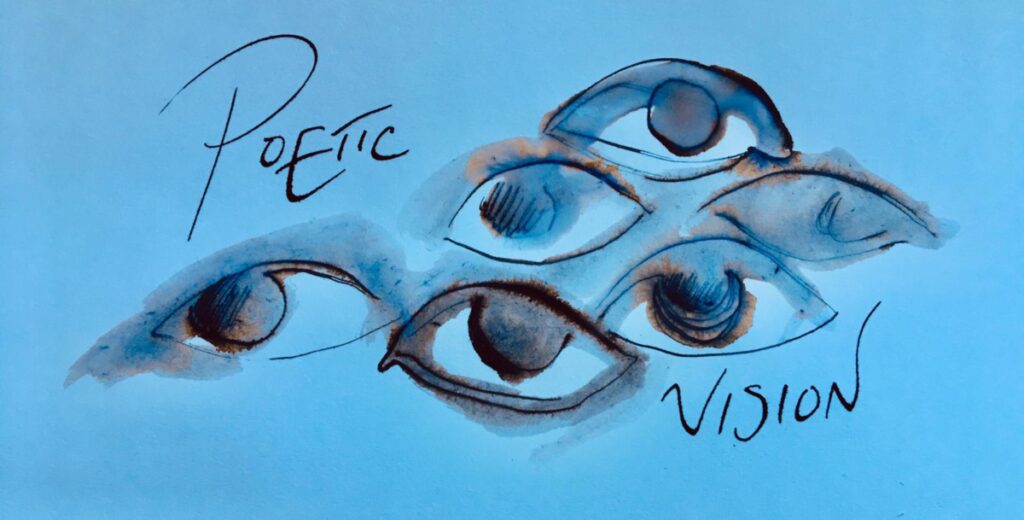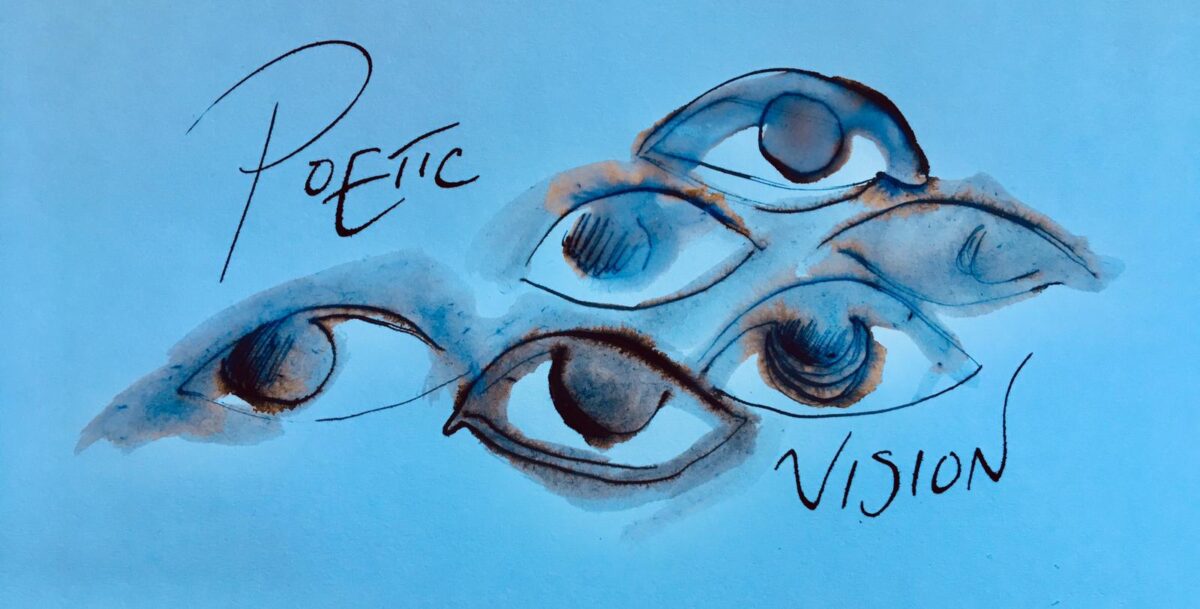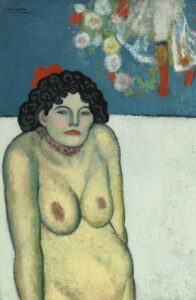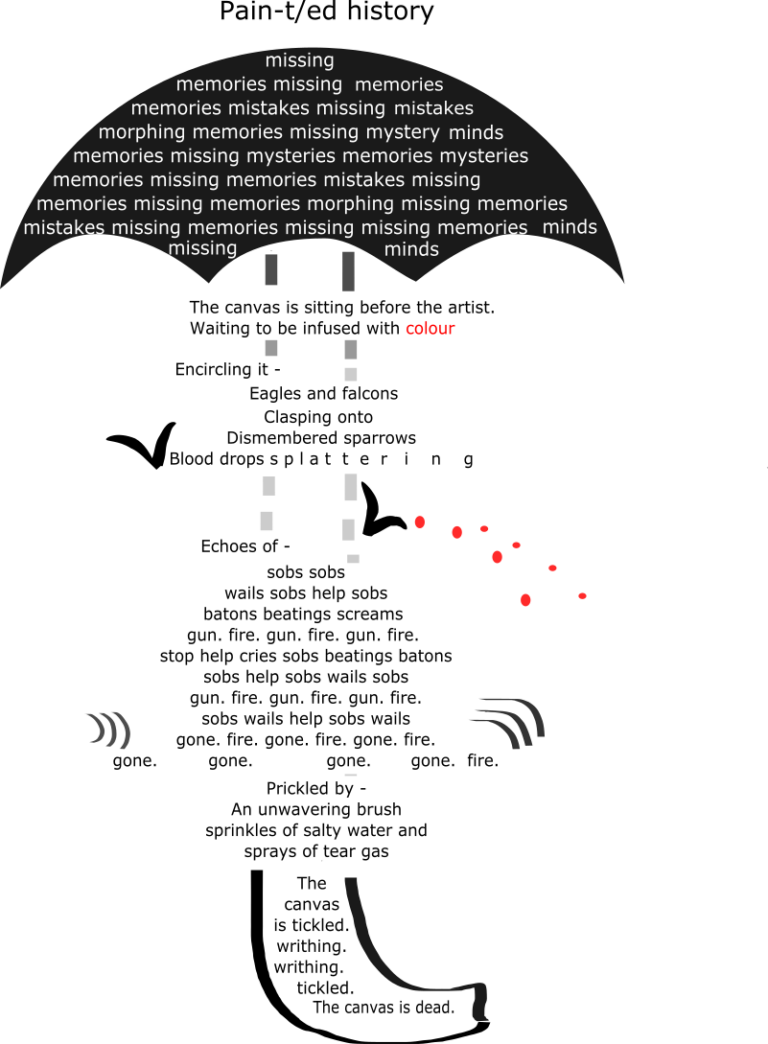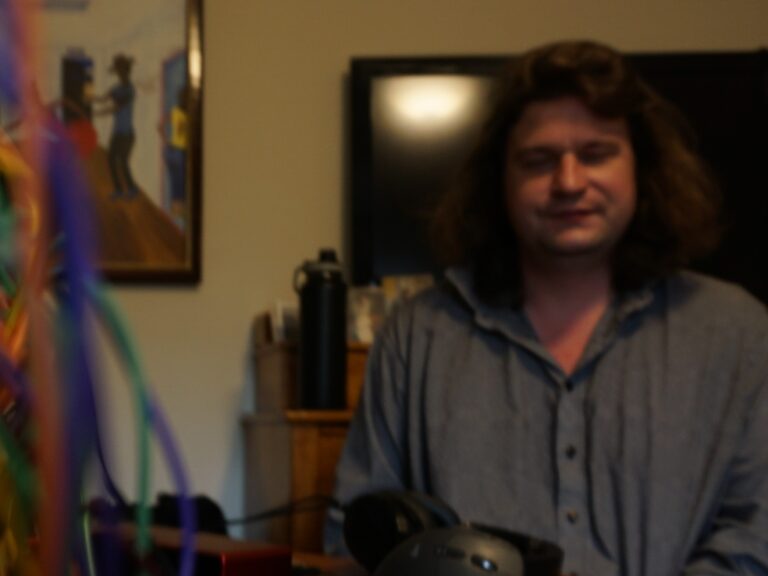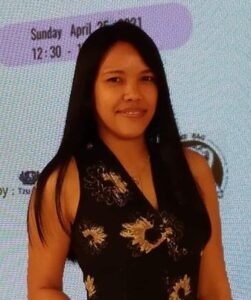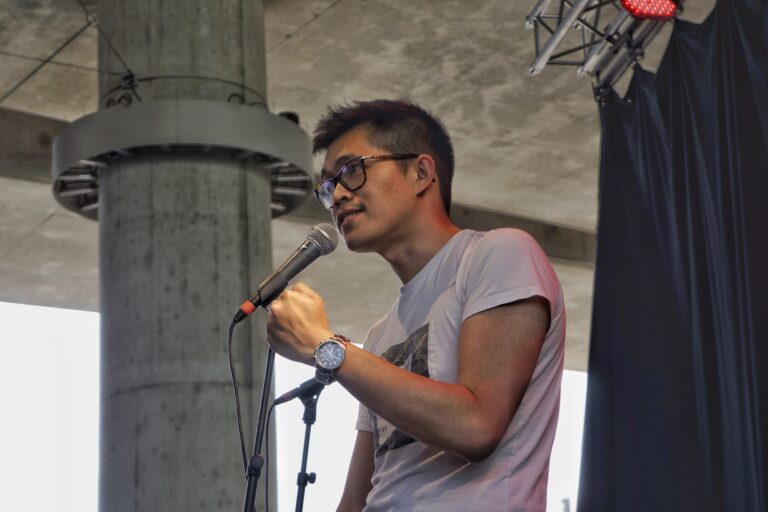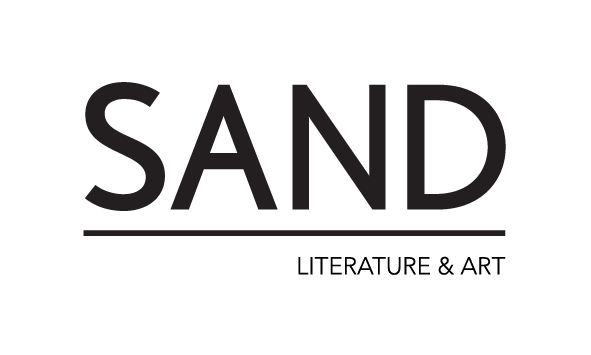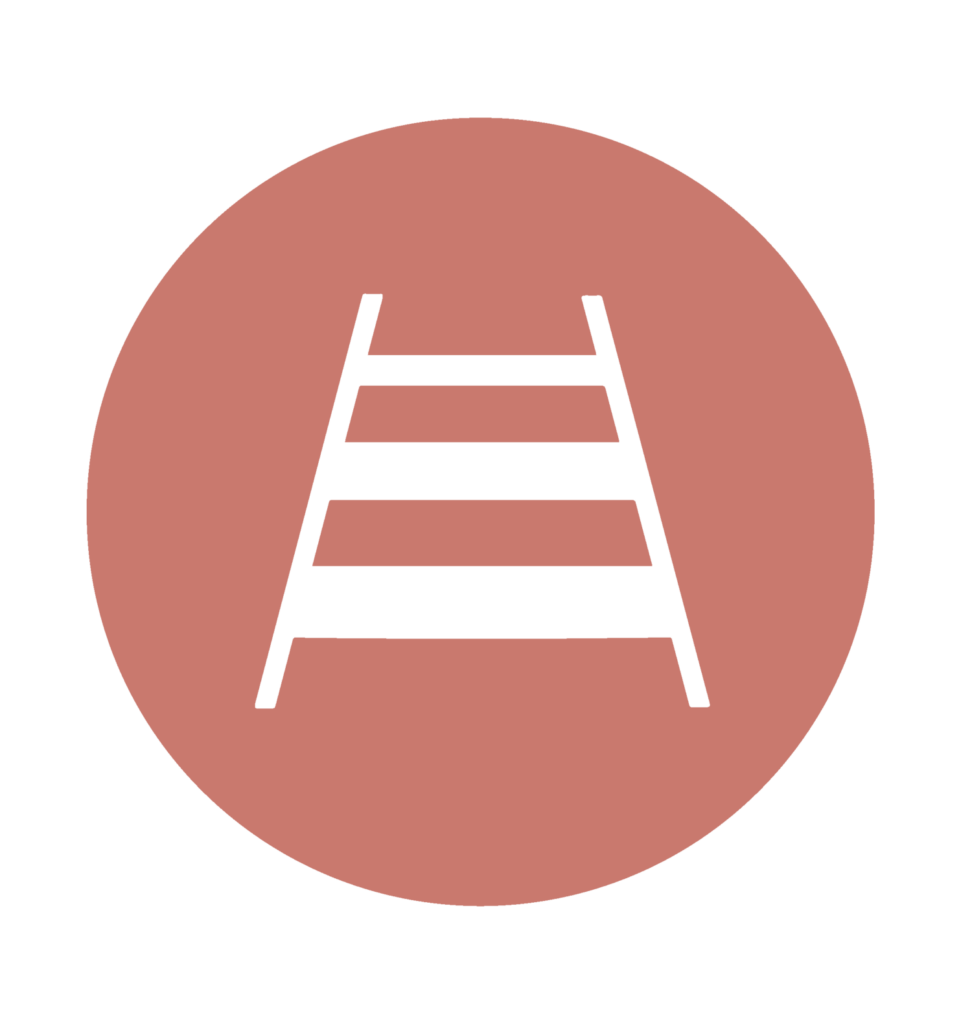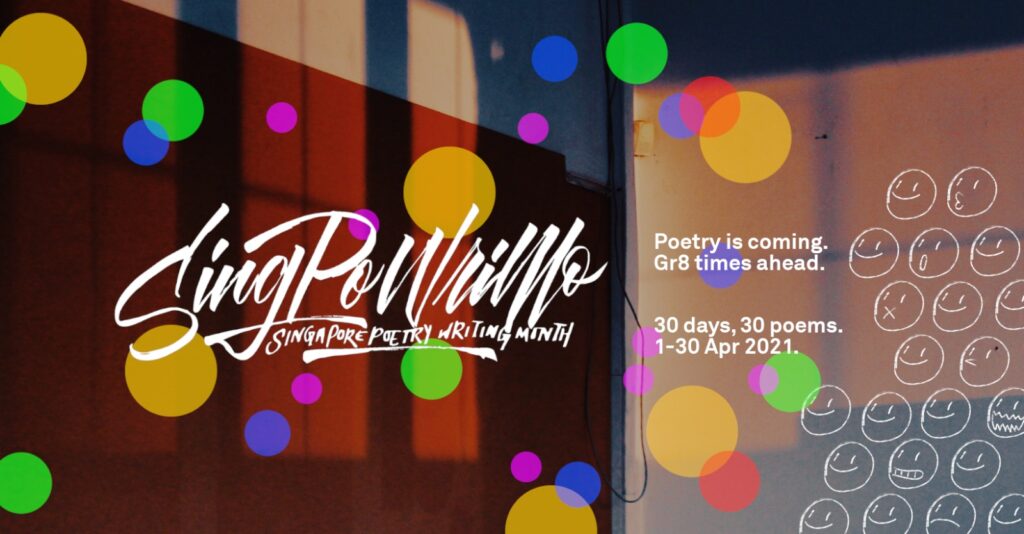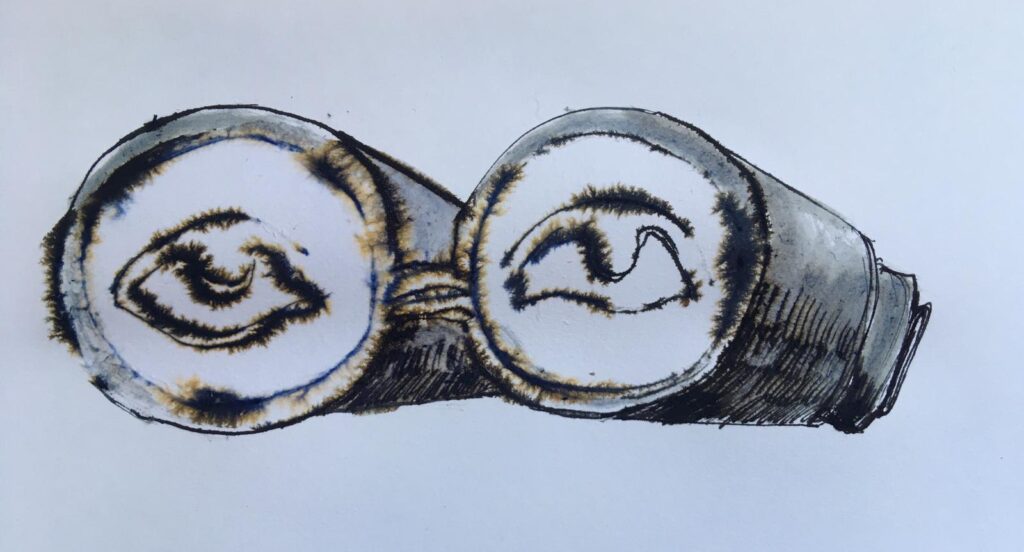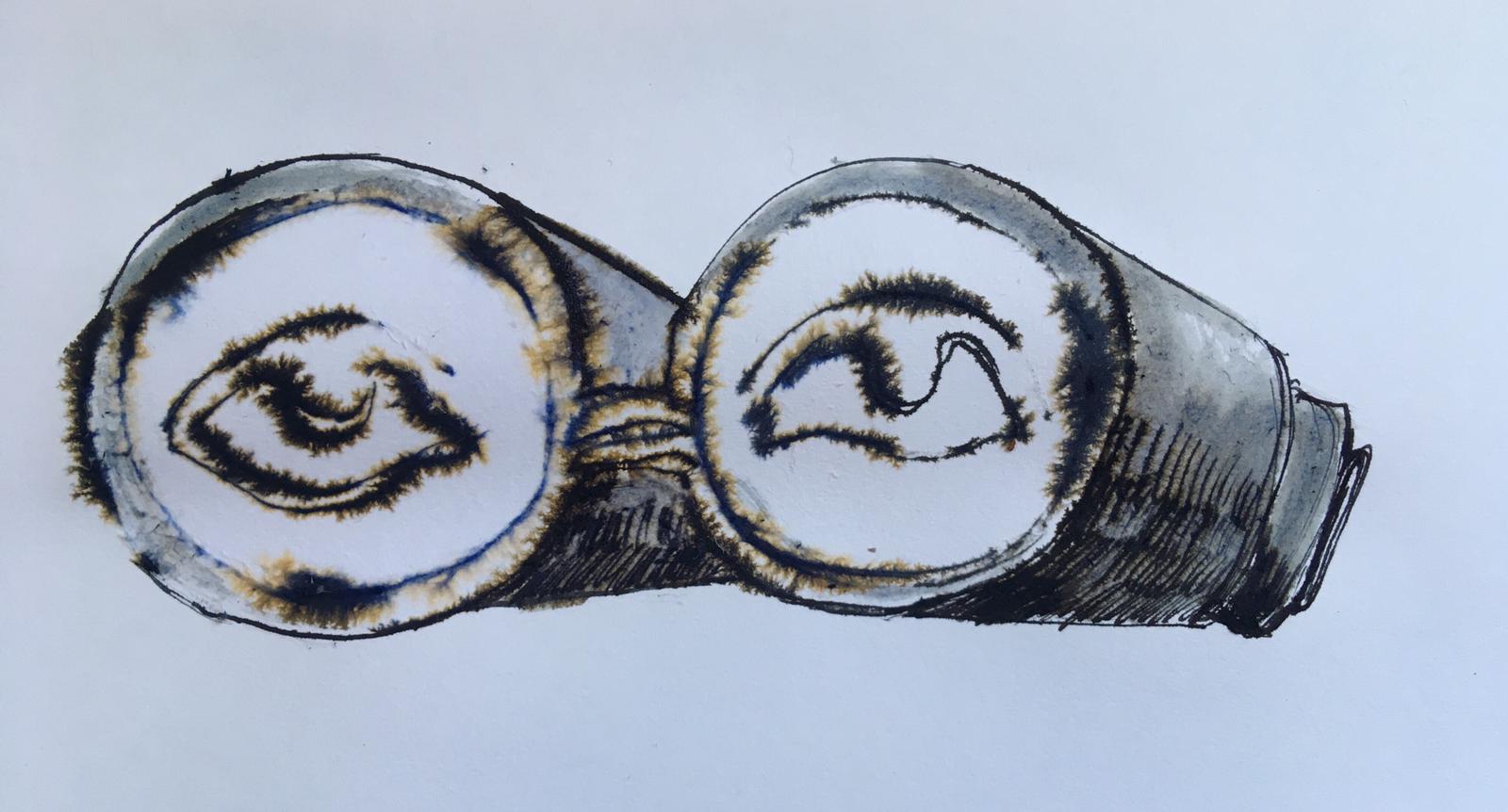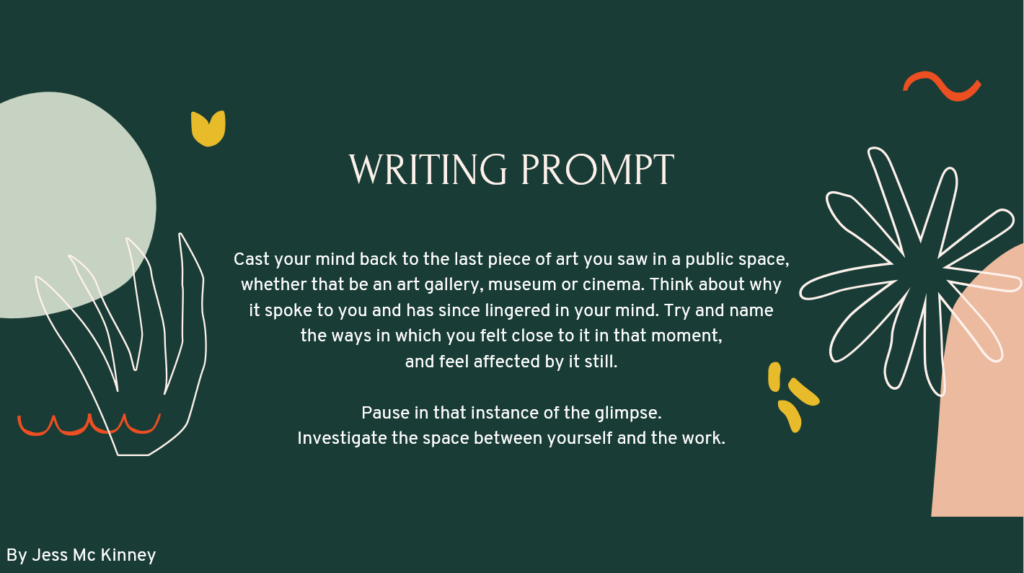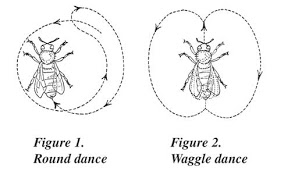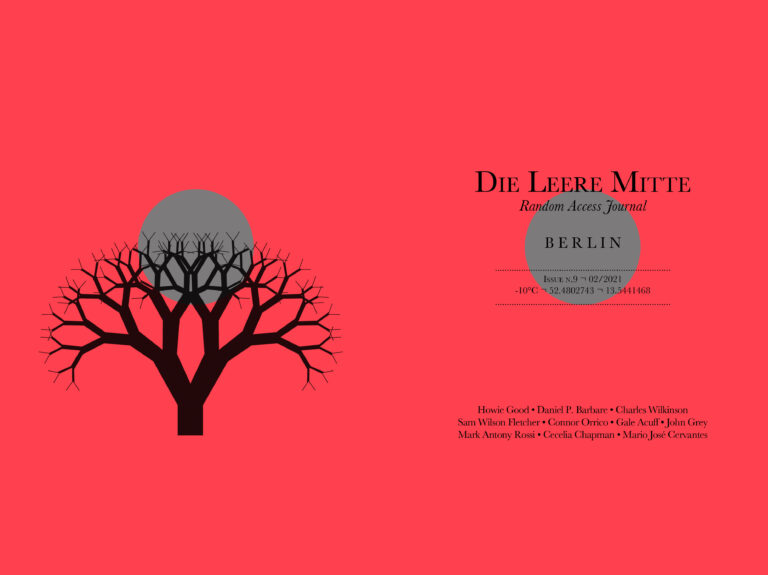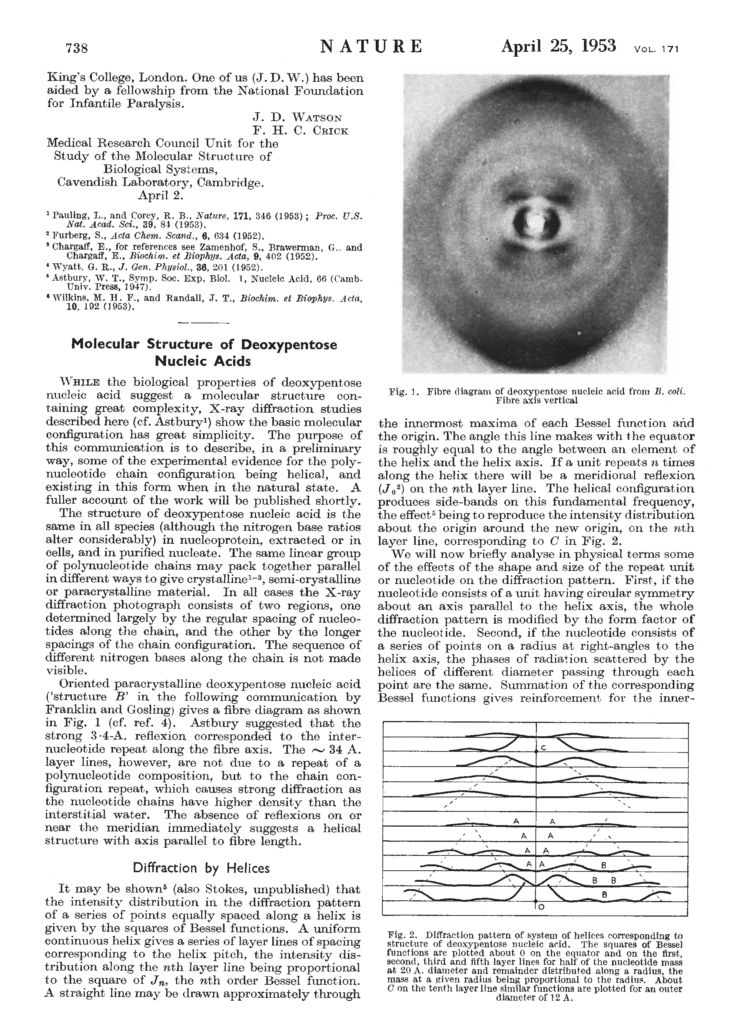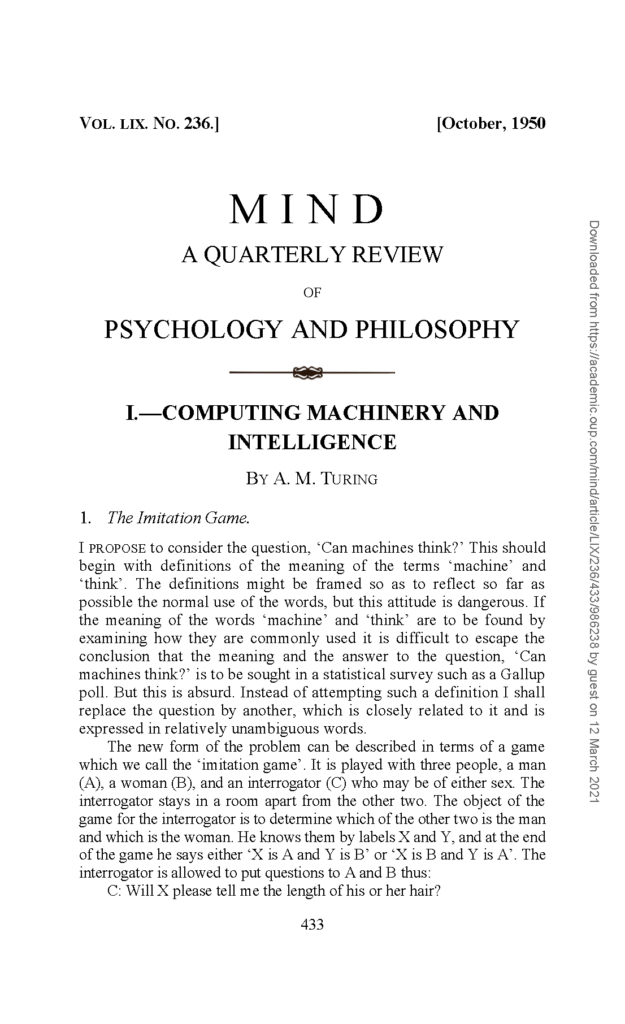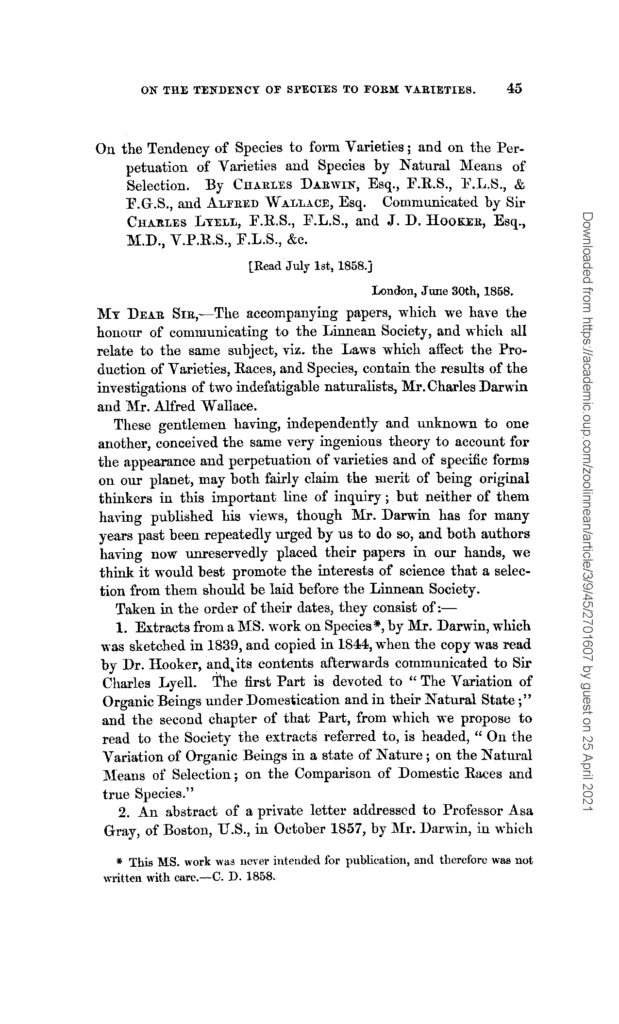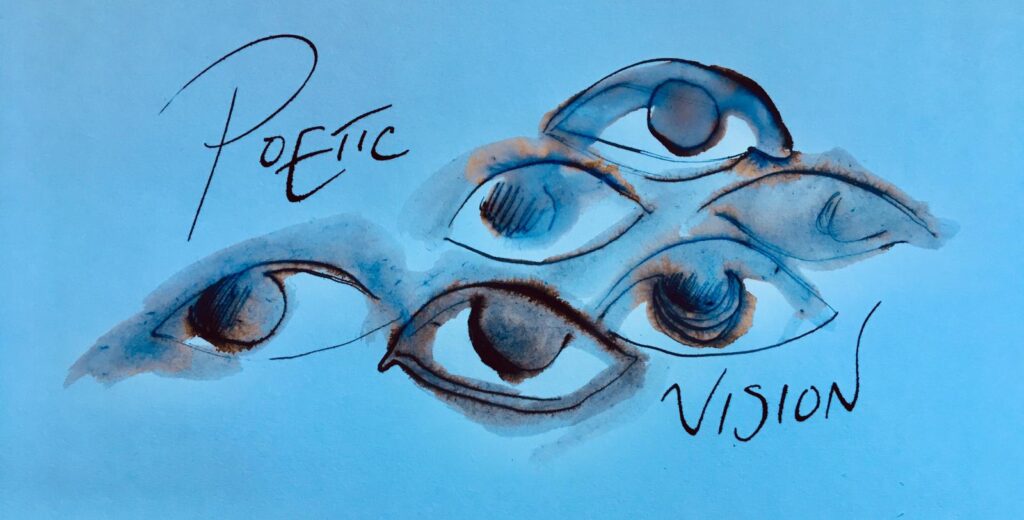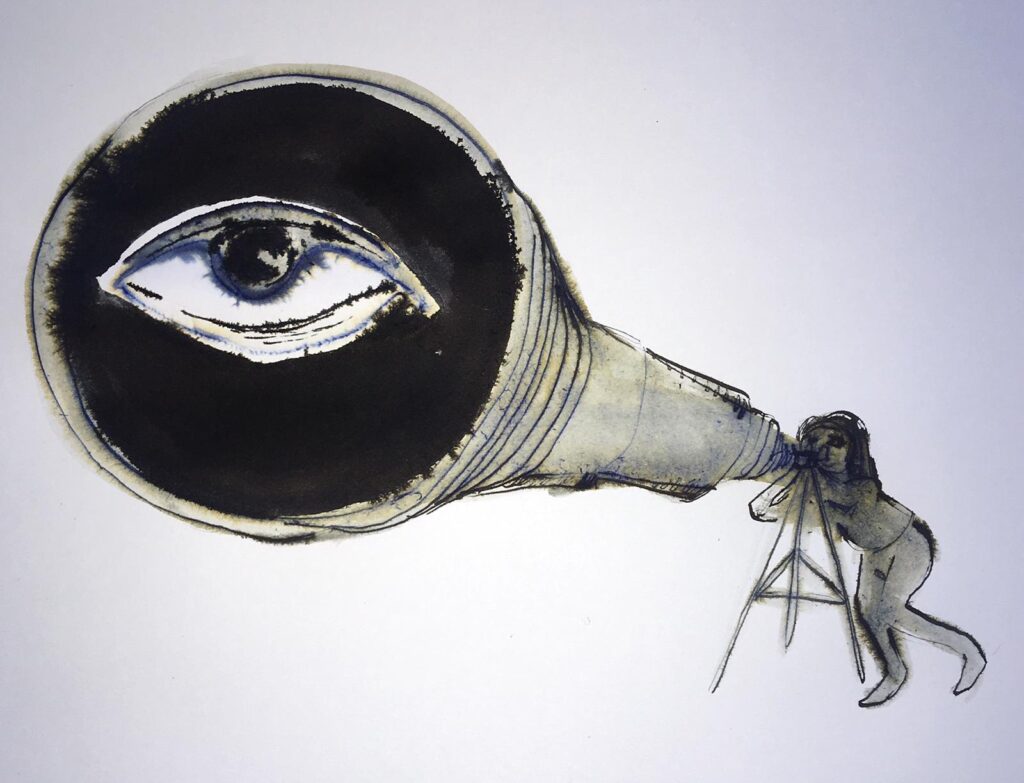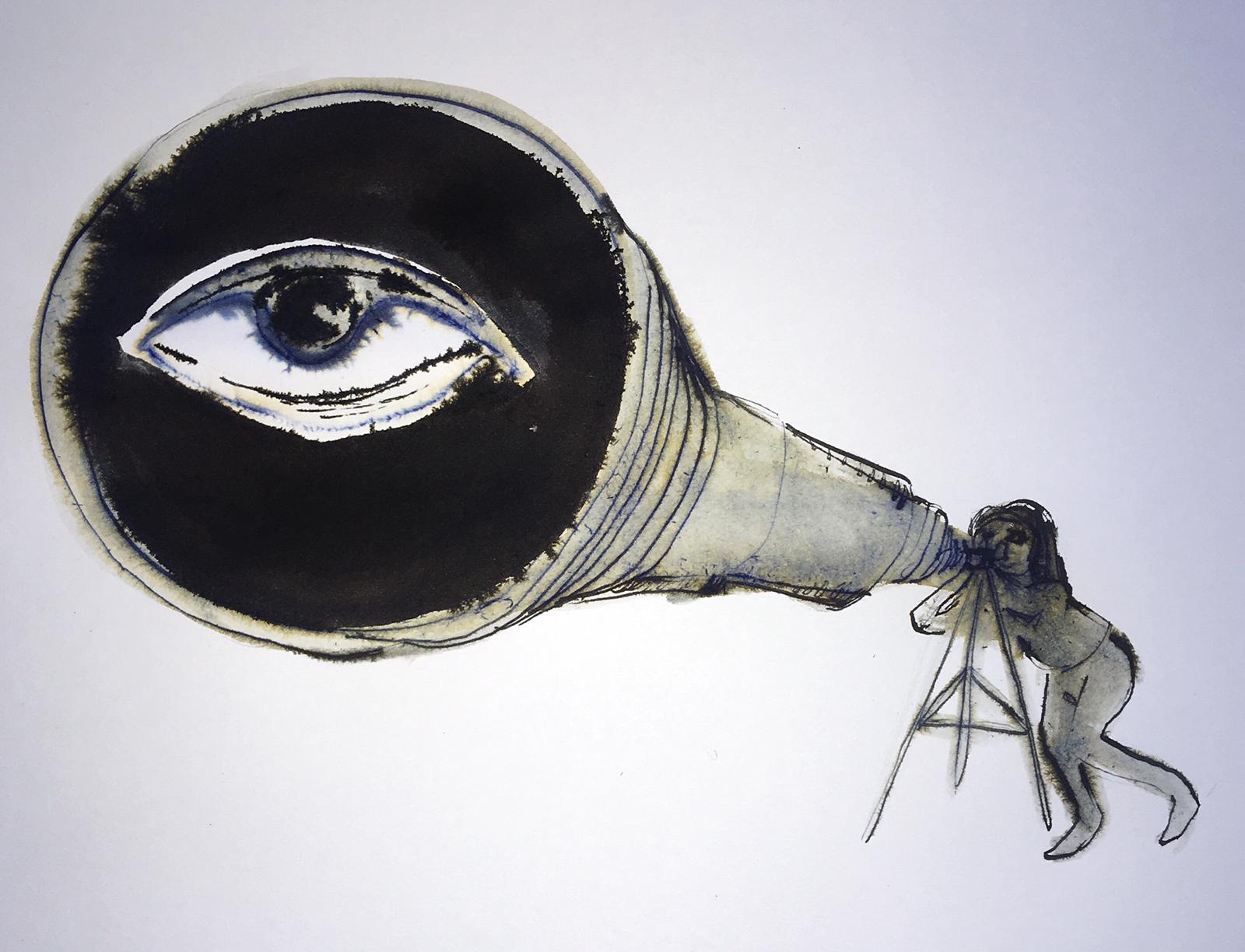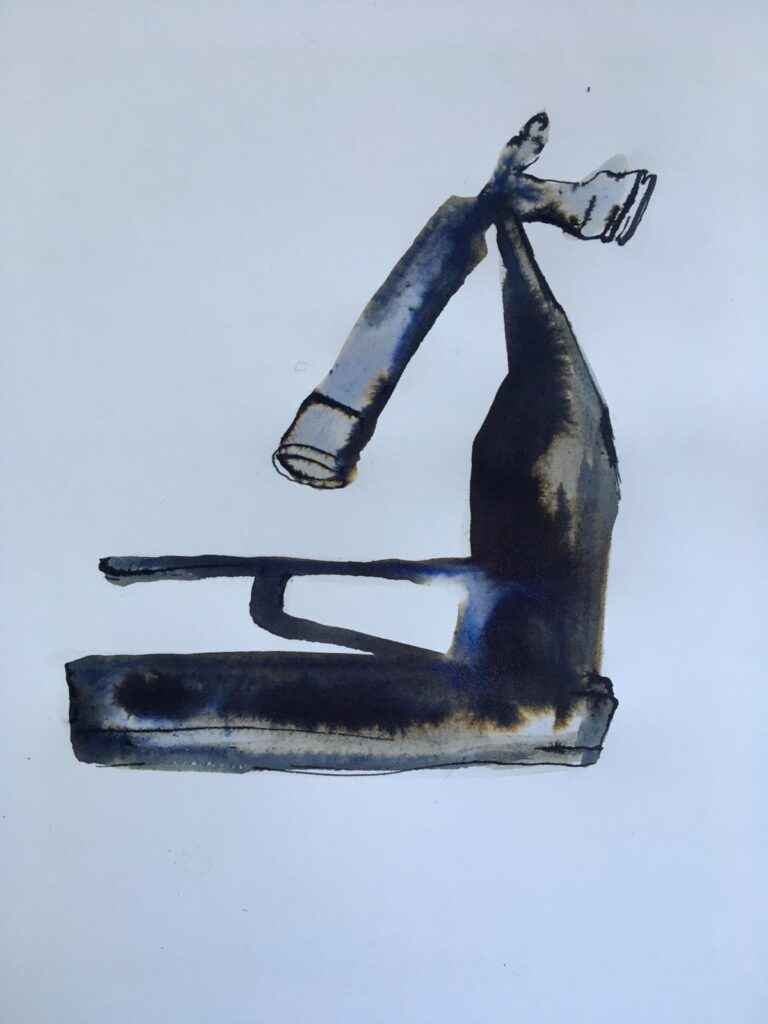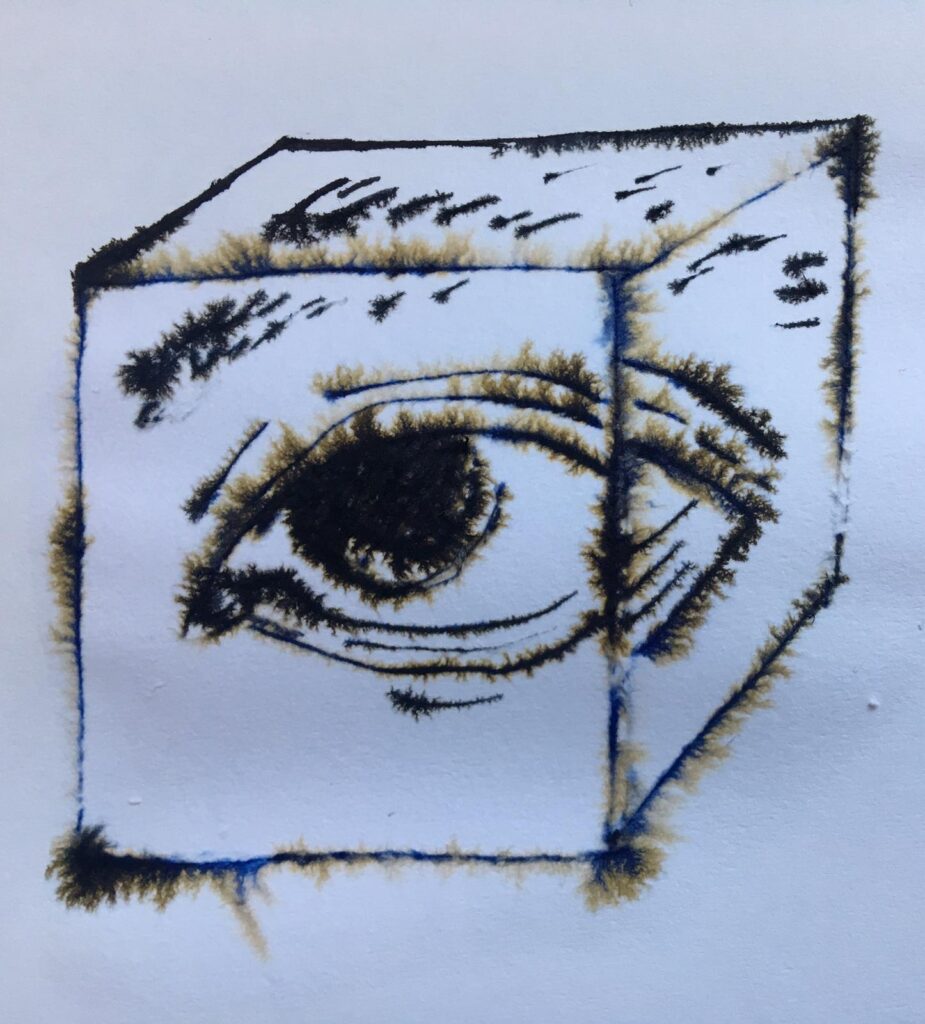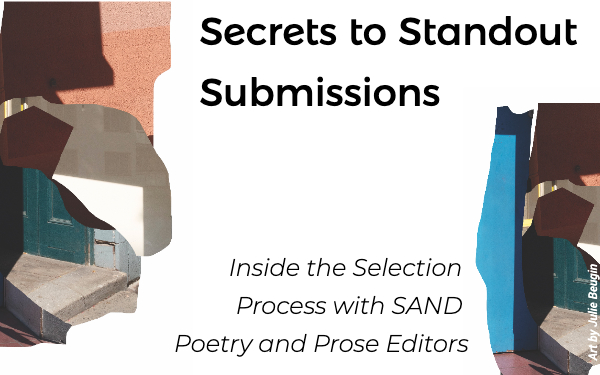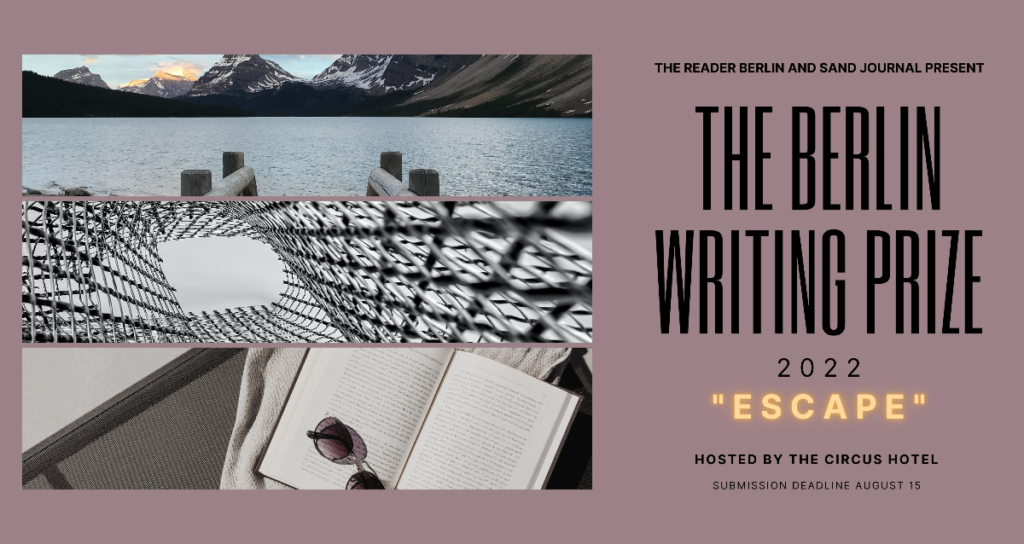
ENTER BY AUGUST 15TH TO WIN A THREE-WEEK WRITING RESIDENCY IN BERLIN
SAND is delighted to be partnering with The Reader Berlin and The Circus Hotel to present The Berlin Writing Prize 2022 for fiction and creative nonfiction.
The theme for this year’s international Berlin Writing Prize is “Escape,” in all its many forms.
The winner will receive a three-week residency at the Circus Hotel in Berlin from 2 to 22 January 2023, including their very own apartment, plus a month’s breakfast vouchers for the Circus Hostel, and up to €100 in travel costs toward their travel to Berlin.
The winning writer and the two runners up will get a 30-minute private publishing Q&A with literary agent Jenny Hewson, and they will be featured on the SAND website. This feature will include publication of their winning entry, an interview, or both, depending on the author’s preference.
In addition to the above, two runners up will receive two nights in a double room of their own at The Circus Hotel over January’s competition prize-giving event, and a travel budget to a maximum of €100 each to cover their journey to Berlin.
A further seven shortlisted writers will win goodie bags, plus invitations to our prize-giving event on January 2023.
SUBMIT TO THE BERLIN WRITING PRIZE
- Enter original, unpublished prose fiction and creative nonfiction up to 3,000 words on the “Escape” theme.
- The entry fee is €10.
- The closing date is midnight (Berlin time) August 15, 2022.
- The longlist will be announced in September 2022. Winners will be announced in October.
- Prize Giving Event: January 2023 (date tbc)
To read the complete contest rules, to read about the judges, and to enter the contest, click here. We look forward to seeing your best work!
The Berlin Writing Prize 2022 Read More »

